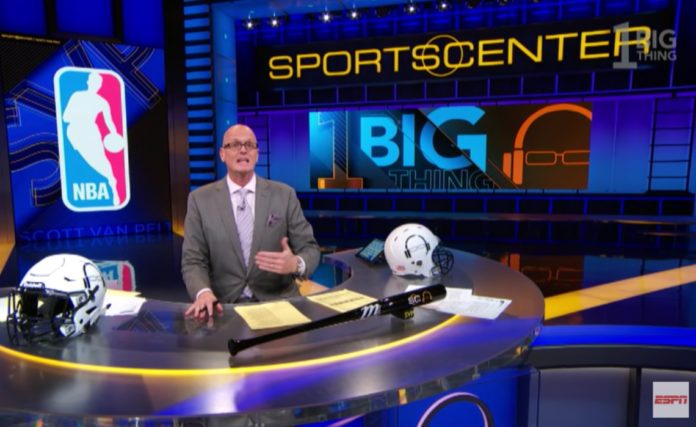
HARTFORD, Conn. – The left-hand column on the second page of The Hartford Courant sports section is normally a list of local team schedules and television programming for every major sport.
Monday morning, the list was nowhere to be found, which tells you about all you need to know about that effect that the coronavirus pandemic has had on the sporting world and media.
No March Madness. No NBA. No NHL. No PGA Tour. No LPGA Tour. No MLS. No WTA. No NFL public draft. No Major League Baseball spring training and a delay to the start of the regular season. The Boston Marathon, Masters, Top Rank Boxing and other events postponed. WWE held an event without fans. Even health clubs have been shut down.
No entity has been affected more than ESPN, the 24-hour cable sports network headquartered in Bristol, Conn. “The World Wide Leader in Sports” was suddenly “The World Wide Leader in How To Fill Empty Space,” especially “SportsCenter.”
The entertaining Scott Van Pelt is a former Golf Channel personality and now one of the mainstays on “SportsCenter.” Sunday night, he and many others on the network were supposed to be breaking down the NCAA Tournament bracket but instead were trying to figure out how to fill hours of dead air space with no live games for the foreseeable future. That included the NCAA women’s basketball championship selection show and games to be shown exclusively on ESPN.
“I have no idea what we’re going to do,” Van Pelt said during an interview on the “Dan Patrick Show” on ESPN radio. “I like to think we’re a fairly creative bunch that can create content in many different ways, but I’m not a [expletive] magician. I don’t know if we’ll hit the pause button and everything becomes ESPN Classic. None of us have ever been confronted with a world where there truly are no games.
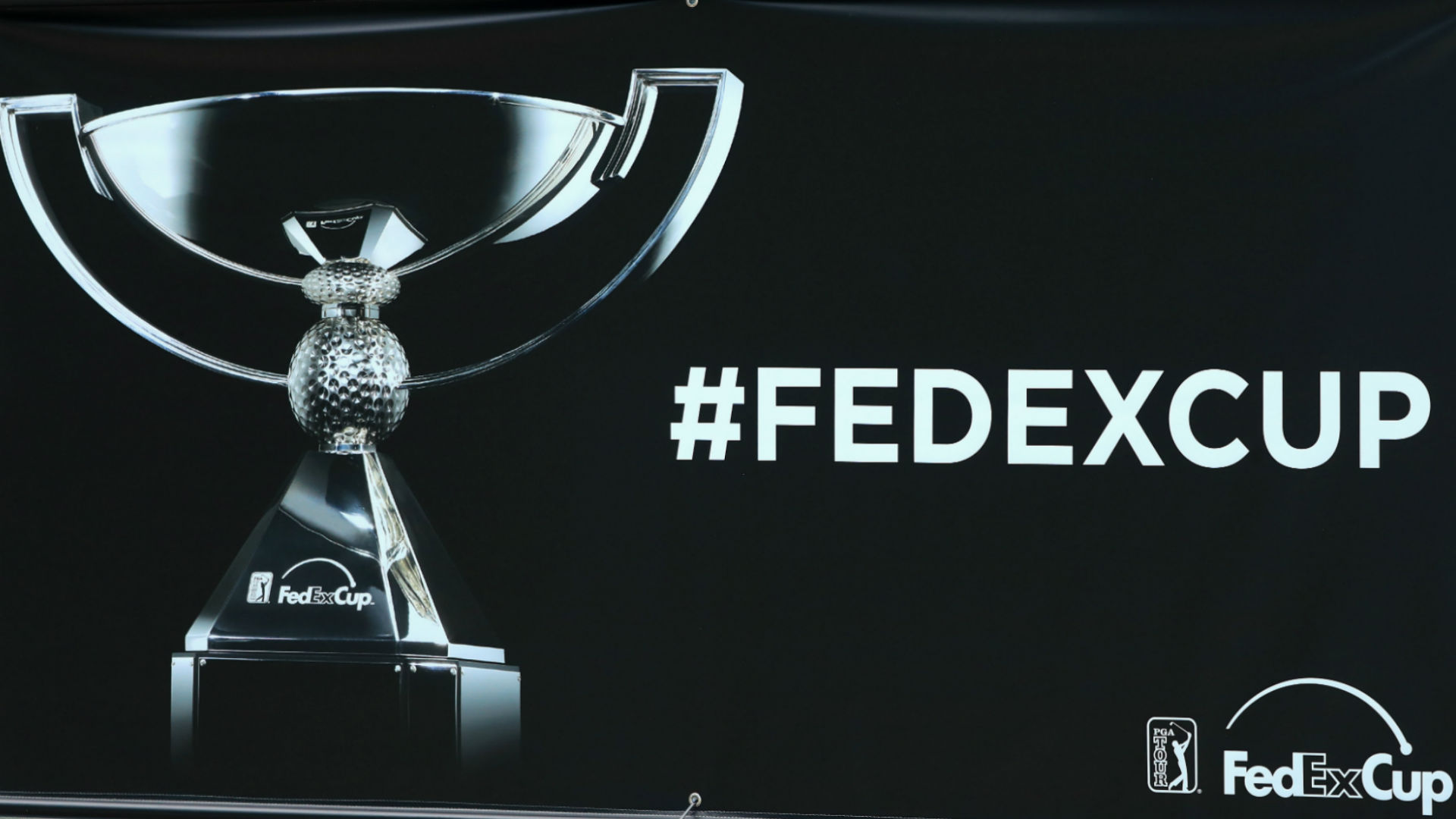
“We just need [the NFL free agency period] to be popping and go nuts. Like Tom Brady to the Buccaneers… But having a rundown is a bit pointless. It’s like changing recipes on the fly. Are we making cookies? No, making something entirely different. I don’t know what else can be cancelled on our watch. It’s been quite a week.”
Quite a week, indeed. It began with the NBA postponing its season after Utah Jazz center Rudy Gobert was found to have the coronavirus. Then in quick order, other major sports followed suit, with the PGA Tour and LPGA Tour canceling four and three tournaments, respectively, and the Masters postponing the first major championship of the year to an undetermined future date. The cancellation of March Madness was especially hard to swallow for college seniors, who were denied a final shot at a conference tournament title that could lead to a chance at a national championship.
So, now networks are scrambling to fill thousands of hours of programming. CBS aired championship games from past Big Ten and Atlantic 10 tournaments, and NBC and Golf Channel showed the final two rounds of last year’s Players Championship after the PGA Tour canceled the final three rounds. Fox left it up to their affiliates to program the gap left by the cancellation of a NASCAR race in Atlanta and NBCSN re-aired last year’s IndyCar season opener.
ESPN, which has a variety of channels, did have live programming on Saturday with a UFC card from Brazil. Sunday was mostly films from the “30 for 30” series, while ESPN2 re-aired some of the top college basketball games from the season. On Saturday, they showed the entire “Basketball: A Love Story” series.
ABC also showed “30 for 30” films, as well as a couple episodes from the “College Football 150” series. FS1 and FS2 had a mix of college basketball and XFL re-airs, but it’s unknown if that remains the plan for future weekends. Replacement programming on NBC, NBCSN and Golf Channel will include encore presentations of events, specials and feature programming across NBC Sports properties, including the Olympics, NHL, Premier League soccer, IndyCar, NASCAR, golf, rugby, figure skating, skiing and snowboarding.
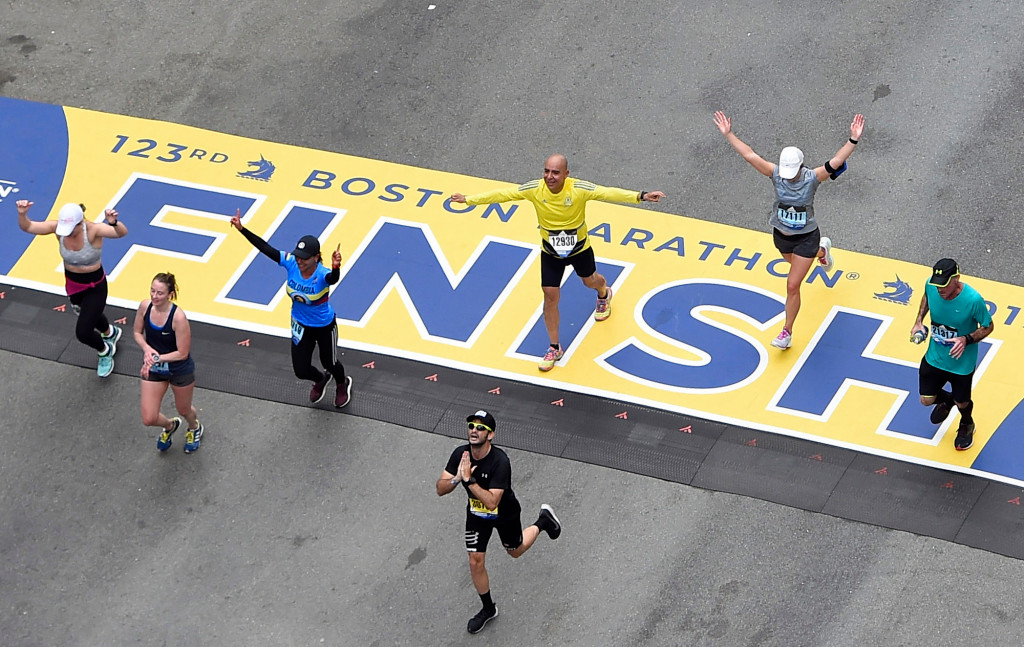
TNT was one of the first to have to alter its programming on the fly when the NBA paused its season. The network aired a one-hour “Inside the NBA,’’ then showed replays of this season’s All-Star Game and a December matchup between the Lakers and Knicks. TNT expects to fill the gaps left by the shutdown of the NBA and the cancellation of the NCAA Tournaments with entertainment programming and movies.
Regionally, NESN and NESN Plus is airing a combination of the Boston Bruins’ 38 wins this season, the latest 20-plus episodes of NESN’s player profile series “My Story,” the most recent episodes of the Bruins-produced “Behind the B” and “Bruins Academy,” Beanpot hockey and boxing classics as well as other NESN original programming.
NBC Sports Boston, the home of the Celtics, will continue to air simulcasts of The Sports Hub’s “Zolak and Betrand” and “Felger and Massarotti” shows, as well as its live studio shows such as “Early Edition” and “Boston Sports Tonight.” Programming may also include encore presentations of Celtics games, including classic matchups.
The NFL’s passage of what many considered the players’ controversial approval of a new collective bargaining agreement on Sunday provided some intriguing analysis. The NFL, at least for now, plans to go ahead with free agency, beginning Wednesday, and the draft, starting April 23, leaving plenty of programming for the NFL Network and at least some for national networks like ESPN and Fox.
Van Pelt also has been showcasing those who have had their seasons cut short, sending out a tweet asking people to nominate high school and college seniors to spotlight on a feature called “Senior Night.” On Monday night, Van Pelt’s acknowledgements included Paige Bueckers, the No. 1-ranked girls basketball player in the country from Hopkins High School in Minnetonka, Minn., who will be heading to the University of Connecticut after not being able to shoot for a third consecutive state title as the 2020 Gatorade Girls Basketball Player of the Year. She surprisingly received the award from Minnesota Timberwolves star Karl-Anthony Towns, who won the Gatorade Boys National Player of the Year in 2014.
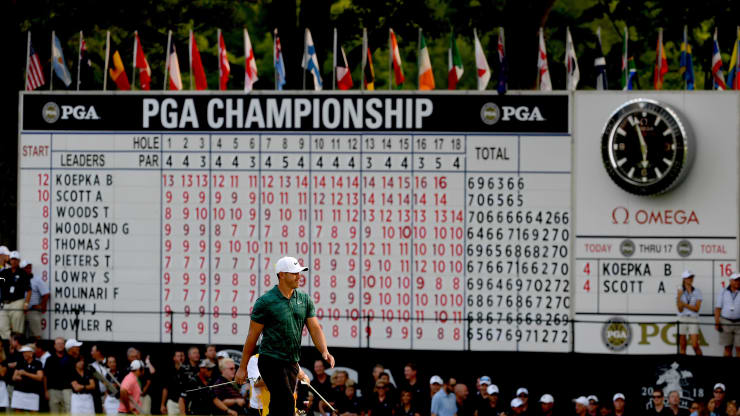
“In the absence of live content, we can do storytelling and acknowledge those who we know are out there that had their season end,” Van Pelt said. “There are quite a few people that we can shine a light on. … We have a lot of smart people who can figure out a lot of different things. I don’t know how anyone can plan for eventualities not knowing what the end game is.”
On the golf front, no one was probably more touched than PGA Tour commissioner Jay Monahan, a Trinity College in Hartford grad who was involved with the Deutsche Bank Championship at TPC Boston in Norton, Mass., before succeeding Tim Finchem as head of the world’s most important golf tour. After unveiling a television rights/streaming mega-deal worth $12 billion to the PGA Tour through 2030 on Tuesday of Players Championship week, Monahan’s world suddenly turned upside down. While at a reception for the tour’s $15 million crown jewel on Wednesday night, he got a text that the NBA has suspended its season.
Players Championship play began on March 12, with Hideki Matsuyama shooting a 9-under-par 63 that tied the course record and gave him a two-stroke lead. Monahan and his staff had decided to play on with no fans the last three rounds, but when virtually every other sports league or event was postponed or canceled, the PGA Tour announced The Players Championship and the next three events were cancelled. And minutes after that announcement, Masters chairman Fred Ridley said Tiger Woods’ title defense had been put on hold and LPGA Tour commissioner Mike Whan said the next three events were cancelled, including the ANA Inspiration, the first women’s major of the year.
A weary Monahan stood at a podium at 8 a.m. on a glorious day that should have been the second round of The Players Championship to answer a final round of questions on the demise of the “fifth major.” When asked how much sleep he’d had the previous few nights, Monahan said, “Who cares about my sleep?”
“You know,” he said, “I love our players. I love this Tour. I love our charities. I love our volunteers. I love everything that we do. And as I said up front, while we wanted to do everything we could to play our Super Bowl, we also wanted to be smart and rational about how we were thinking about it. And so, to cancel it is a really hard decision.
“It’s gut-wrenching. It’s not gut-wrenching necessarily for me, but when you’re affecting so many people’s livelihoods, that weighs heavily on you. I look out at everybody here. What are we all doing over the next five weeks?”
Great question for anyone involved in nearly every sport. The spread of COVID-19, the deadly coronavirus, is far more significant than any sporting event at any level. Even many college and high school spring sports were canceled before they even began, further affecting support people such as concessionaires, ticket collectors, caddies, title sponsors, vendors, charitable beneficiaries and the fans and media. But the NCAA did give an extra year of eligibility to men and women college golfers.
Sports has always helped the healing and acted as a beacon of hope in times of trouble and crisis, especially from unspeakable acts such as 9/11. I still get goosebumps thinking about President George W. Bush walking to the mound before Game 3 of the World Series at Yankee Stadium and firing the first pitch, a strike, post-9/11. It became a symbol that life would once again regain a sense of normalcy, just like playing basketball after the tragic deaths of Kobe Bryant, his 13-year-old daughter Gianna and seven others in a helicopter accident on Jan. 26.
But this time, with the coronavirus threat continuing to expand in the U.S. and around the world, sports won’t be available as an emotional bailout. We won’t be able to turn to a leaderboard or score ticker, or invest a few hours in an unexpected underdog story as a form of distraction. The surreal shock of the worldwide response to this crisis is only amplified by the unexpected void it created in the sports calendar, a rippling silence that will echo across empty stadiums and courses for weeks to come.
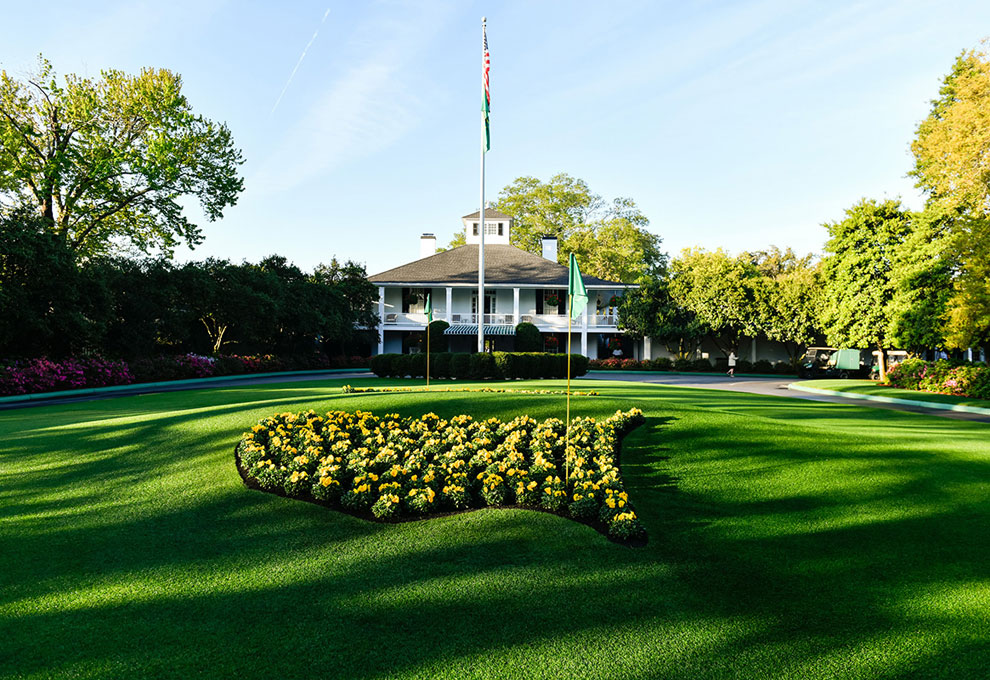
But while we can often place increased importance on each birdie or bogey, with missed shots and holed putts from seemingly impossible angles, every player leaving TPC Sawgrass on Friday embraced the sobering reality that the world now has much larger concerns than the interruption of competition.
“Here in the short term, golf has to make the stand with the rest of professional sports that, as surreal as it all may seem, it’s about safety and responsibility,” said Graeme McDowell, winner of 11 European Tour tournaments and four PGA Tour events, including the 2010 U.S. Open, who has played in four Ryder Cups. “Sport is insignificant here in the short term. The world is fearful, both financially and physically. It’s about a bigger picture.”
Now we can watch only so much Netflix and reruns to fill those lost sports moments. Hopefully, the void doesn’t last too long, but while it does, find new things to do. Monahan said in tough times, and times of crisis, he gets inspired to do more and to do better. On what should have been the third round of The Players, Monahan was pictured in a hairnet and white apron, serving food once earmarked for Players Championship golf fans to the needy at a homeless center in Jacksonville, Fla. It was a world away from where he sat only a day earlier, but in his closing remarks, he urged there is something we all can do as the PGA Tour sits: Get out and play. Tee it up. Support your local PGA professional in a difficult time.
“Hopefully, people are inspired to continue to use this game to get through a challenging time,” he said. “And that’s what we’re going to encourage people to do.”










